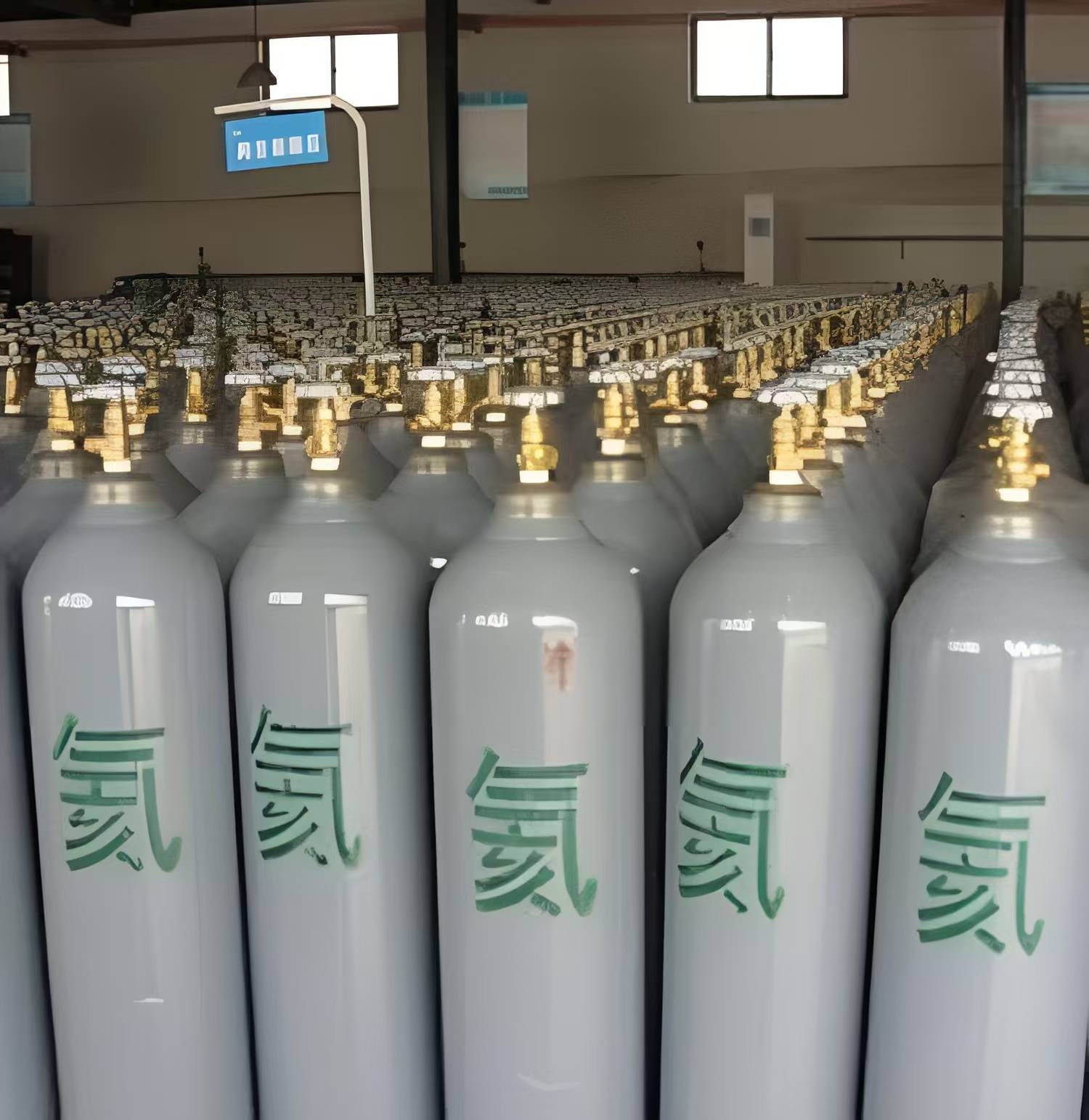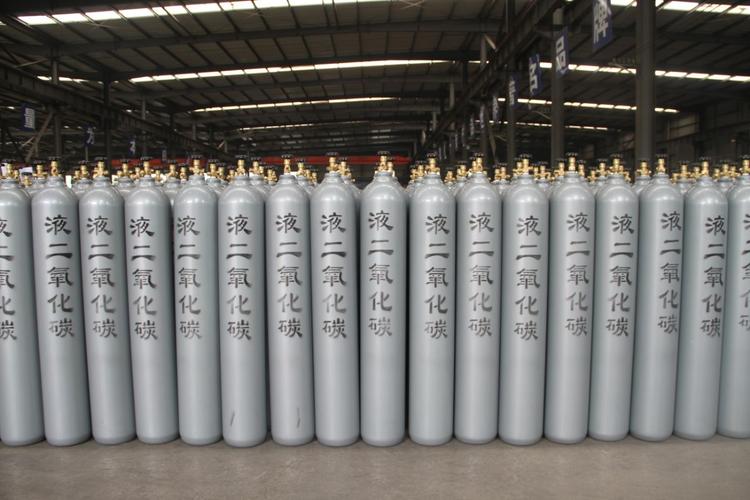Hydrogen purity differences in different areas
Release Time:
Sep 06,2024
The purity requirements for hydrogen vary in different areas. This is mainly because different applications require optimal performance and safety under specific conditions.
The purity requirements for hydrogen vary in different areas. This is mainly because different applications require optimal performance and safety under specific conditions.
High purity hydrogen is critical for some applications because the presence of impurities may affect the performance of equipment, the accuracy of experimental results or the effectiveness of reactions. For example, in fuel cells, high purity hydrogen provides higher energy conversion efficiency and reduces damage to the fuel cell. In industrial applications, on the other hand, the requirement for hydrogen purity is relatively low, as in some processes, lower purity hydrogen can still meet the demand and reduce costs. As a result, hydrogen purity requirements vary from field to field, depending on application-specific performance, safety and economic considerations. Below are some common areas and the corresponding hydrogen purity requirements:
1. Industrial applications: In some industrial processes and manufacturing, the purity requirements for hydrogen are relatively low. Usually, the purity requirement of industrial hydrogen is between 90% and 99%.
2、Laboratory research: In scientific research and laboratory applications, the purity requirements for hydrogen are high. Generally high purity hydrogen is required, the purity can reach 99.999% or higher.
3、Fuel cell applications: As a fuel for fuel cells, the purity of hydrogen is crucial. Fuel cells require high purity hydrogen, usually requiring a purity of 99.9999% (six ‘9’) or more.
4, gas chromatography: in gas chromatography analysis, the purity of hydrogen is required to ensure the accuracy of the analysis results. The common requirement is 99.999% (five ‘9’) or higher purity.
Hydrogen Internal Combustion Engines: For internal combustion engines that use hydrogen as a fuel, a high purity of hydrogen is often required, typically 99.99% or better.
It is important to note that purity requirements can vary depending on the needs of the specific application. Hydrogen purity requirements may vary in different fields and specific applications, so the required purity level should be determined based on specific needs and criteria when selecting and supplying hydrogen.









